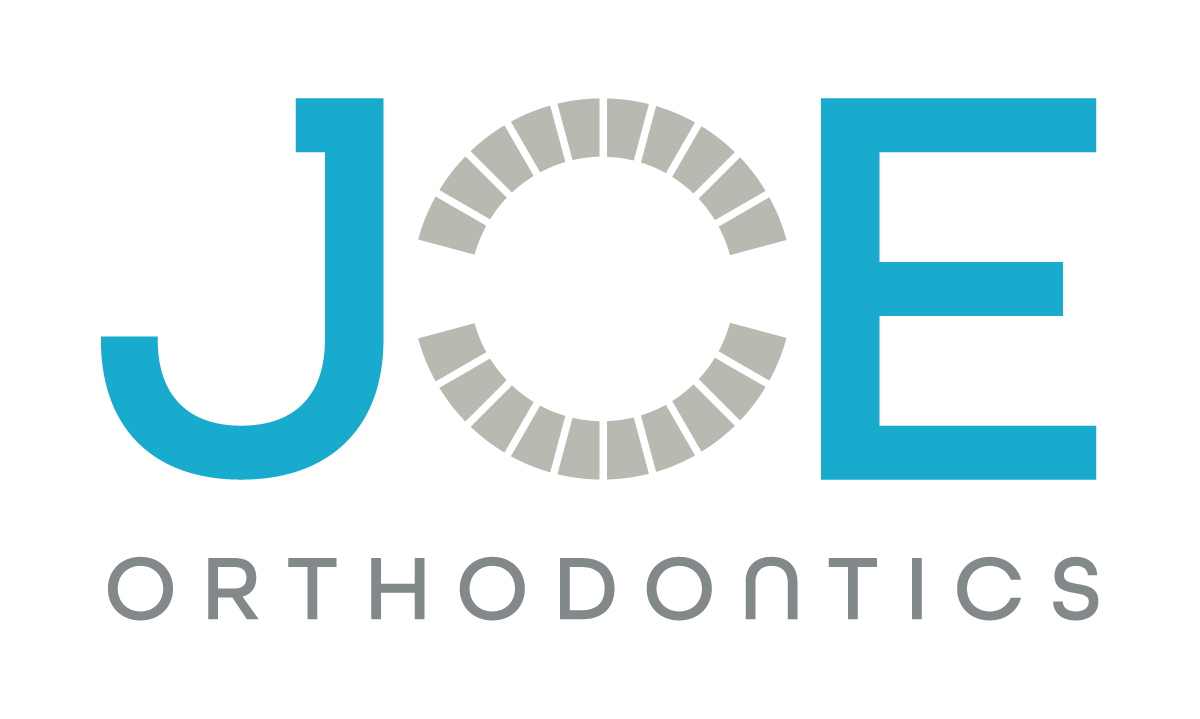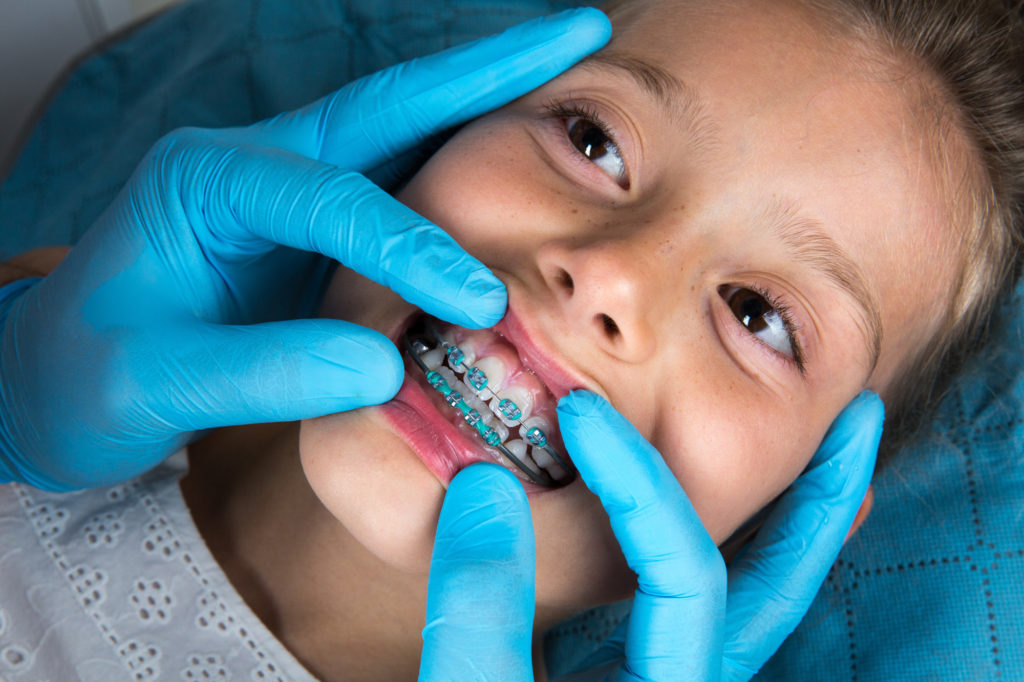Does My Child Need Braces If They Still Have Baby Teeth?
For the majority of children and young adolescents, waiting until all their baby teeth fall out before starting orthodontic treatment is not a problem and oftentimes is recommended. But in a few situations early treatment, also referred to as phase 1 treatment, is indicated. In this article we will discuss what those cases are.
There are 6 reasons why your orthodontist may recommend orthodontic treatment for your child who still has baby teeth.
1. Crowding
This is when there is essentially not enough room for the permanent teeth to erupt into the mouth. This can be due to small jaws, loss of baby teeth too early causing the other teeth to move or tip into the space left behind, or genetics. In these cases orthodontic treatment is needed to open up enough space for the permanent teeth to prevent other problems like ectopic eruption (when a tooth erupts from somewhere it shouldn’t), impaction (when a tooth gets stuck in the bone), or damage to other teeth as the tooth tries to erupt but bumps into the roots of adjacent teeth damaging and shortening the roots.
2. Impactions
As stated earlier, this is when a tooth gets stuck in the bone. This can happen from crowding but it can also happen in the absence of any crowding, oftentimes with the maxillary canines. In these cases, pulling the tooth into the mouth before the root is fully developed gives us the best chances of success. Also there are risks in doing nothing or waiting too long as the tooth may be erupting in the wrong direction causing damage to adjacent teeth and may ultimately result in the loss of other teeth.
3. Risk of Trauma
A common scenario we see is a patient coming into the practice with the upper front teeth sticking out from between their lips. While there are other problems this can cause for a patient including speech impediments and psychosocial issues, there is also an inherent risk of trauma to the teeth. If the teeth are protruding beyond the lips there is the risk that they may traumatize those teeth as the lips will not be there to protect them. This especially true for children who, let's be honest, are more likely to play rough or slip and fall. Depending on the severity of the trauma, the patient may lose those front teeth and this can be detrimental to their mental health, self confidence, nutrition, and speech.
4. Orthopedic Treatment
Treatment of the jaws and musculoskeletal system. Have you ever seen a child wearing headgear? Have you heard of a friend or family member who had an expander during their orthodontic treatment? These are some examples of orthopedic appliances that can be used by your orthodontist to modify the growth and development of the jaws and musculoskeletal system. Since we are modifying the patient’s growth it is best to start treatment when the patient still has a significant amount of growth left. Ideally we would like to start treatment before the significant growth spurt that occurs during puberty, and this is especially true to girls who’s rate of growth decreases significantly in the first one to two years after puberty. Once the patient is done growing the only way to move the jaws is with orthognathic surgery which is more expensive and has additional risks, so treating a patient early on can be truly beneficial.
5. Habit Modification
Some patients develop habits that may seem harmless at first but over the long run can cause serious problems. Some of these habits include thumb or finger sucking, tongue thrusting, and mouth breathing. All of these habits will lead to movement of the teeth and ultimately affect the growth and development of the jaws. These habits can be difficult to stop and the longer they go on the harder they become to break. Starting treatment early will give us the best chance of success in breaking the habit and allowing normal growth and development of the jaws to resume.
5. Psychosocial
With social media infiltrating the lives of everyone around us, we are seeing more and more young patients coming to us and comparing themselves to their peers. While there should probably be a discussion about children having access to social media, the reality is most of them do and sometimes parents will notice that their child is behaving differently but not know the reason why. This often presents itself in the child being more shy or reserved and often not smiling or not showing their teeth when they do smile. It is well documented that straight teeth can increase one’s self confidence, but it also goes the other way where crooked teeth can negatively affect one’s confidence. If your child is self-conscious about their teeth and you believe orthodontic treatment may benefit them then I believe that is a valid reason to get treated.
Unfortunately, we hear in the news everyday how serious of a problem bullying has become and bullies will find just about anything in their victim to pick on but oftentimes it’s their teeth. If this is the case, I am of the opinion that it is essential to treat the patient to prevent any long term mental health issues that we know are associated with bullying. In fact it was my experience as a substitute teacher prior to starting dental school and witnessing first hand a student getting bullied for their teeth that sparked my interest in becoming an orthodontist.



